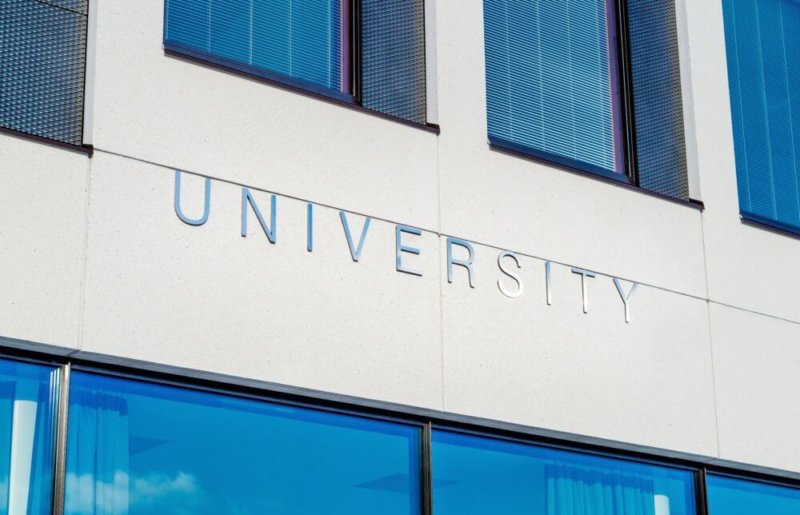The college essay can tip the balance in admissions process
“College admissions is not about you, the prospective student or parent of a student, it’s about the college,” Jeffrey Selingo said in his book “Who Gets In and Why: A Year Inside College Admissions.”
Selingo embedded himself within the admissions committees of three highly selective schools: Davidson College in North Carolina, Emory University in Georgia and the University of Washington in Washington state.
 Each college has a distinct admission’s review process that usually has teams of readers, independent evaluators and committee reviews. Each student’s application typically includes two elements: the common application required by most colleges that lists the student’s demographics, academics, activities, recommendations and essays, along with a supplemental application specific for each college that usually asks for additional academic information and essays.
Each college has a distinct admission’s review process that usually has teams of readers, independent evaluators and committee reviews. Each student’s application typically includes two elements: the common application required by most colleges that lists the student’s demographics, academics, activities, recommendations and essays, along with a supplemental application specific for each college that usually asks for additional academic information and essays.
Colleges evaluate the applications to assess “fit,” where the institution’s goals to build its community overlaps with predicting the student’s contribution to campus. Selingo details three trends that colleges are using to determine fit: the college’s agenda, the holistic application review process and the student’s essays.
First, the review process begins with a focus on satisfying the college’s agenda, specific to each college’s goals in shaping their campus community.
“Every college has different needs that change over time, sometimes even from year to year. Goals for the admitted class are set by university leaders and then left to the admissions staff to carry out,” Selingo said.
Some priorities could be outside of a student’s control, such as where they are from. For example, with the freshman college class of 2024, fewer international students were able to enroll because of pandemic limitations to study abroad. Thus, geography could influence upcoming needs to admit more international students.
Second, the “holistic” review process is the buzz phrase that includes how a college awards points to various elements of the student’s application. Selingo details the Emory rating scale in four areas: strength of the high school curriculum, extracurricular activities, recommendations and intellectual curiosity (demonstrated by their leadership and essays). These set categories allow for multiple readers to apply consistent scoring parameters when evaluating applications.
For example, the author dives deep into explaining how the high school’s curriculum component reflects academic rigor. Emory evaluates each high school’s academic options, such as the number of advance placement courses, dual-enrollment college classes, grade point average and test scores. The admissions committee looks for consistent performance across various elements to assess the student being prepared for college coursework.
Colleges also trace a student’s academic performance over time with grade improvements, challenging classes and involved leadership. Selingo discusses an example where a stellar STEM student also took rigorous English and history classes, including their English teacher’s recommendation. This balanced profile set the student apart from other STEM-focused applicants.
Third, the essays can bring to life a student’s unique attributes and how they think and feel. Selingo describes a Davidson review session: “In a sea of sameness that becomes the committee’s deliberations after several hours, it’s once again a small element in a file that turns the group’s opinion.” The small element in one situation was the applicant’s essay that got the committee interested.
The college essays are the only opportunity for the student to share their personal voice, passionate ideas and future goals directly to the committee. The best essays will highlight the other application elements. The student’s essays are like having a conversation with the committee to illustrate their stories within tight word counts and character limitations. Colleges look for a range of backgrounds, talents and perspectives to interact within the campus community. If a student starts sounding the same as others, then why would a college admit another cog in the wheel?
Evaluating college applications is like dancing with two partners: the student and the admissions committee. However, the college takes the lead in setting their specific priorities and rating the student within their set of rules. With increasing applicants for limited spots, many qualified students get passed over each year. Nonetheless, be confident in putting your best foot forward, regardless of the outcome.
Margo Bartsch founded College Essay Coach, a full-service college admission business, and has been an adjunct professor in business at Champlain College and at Middlebury College.

